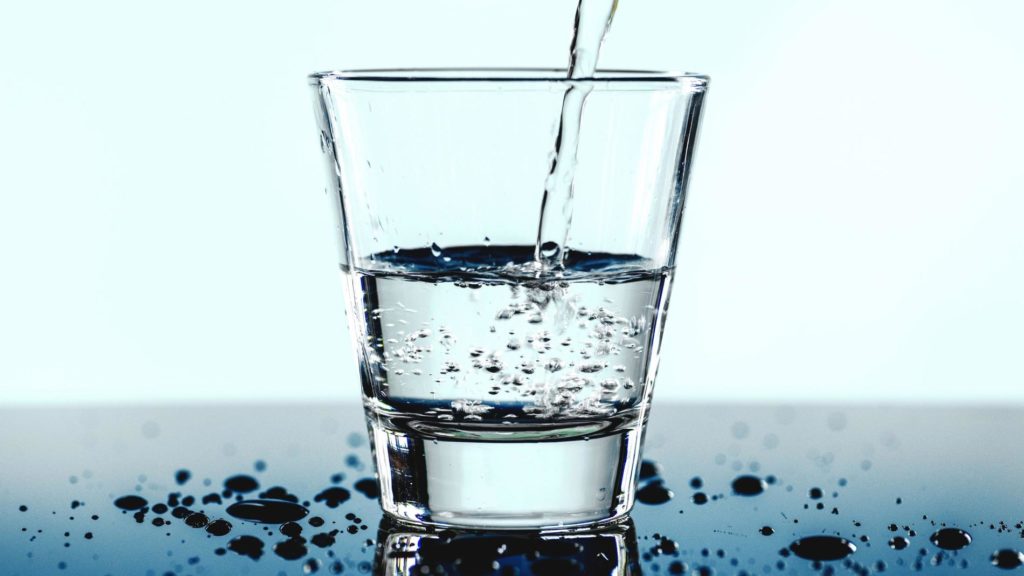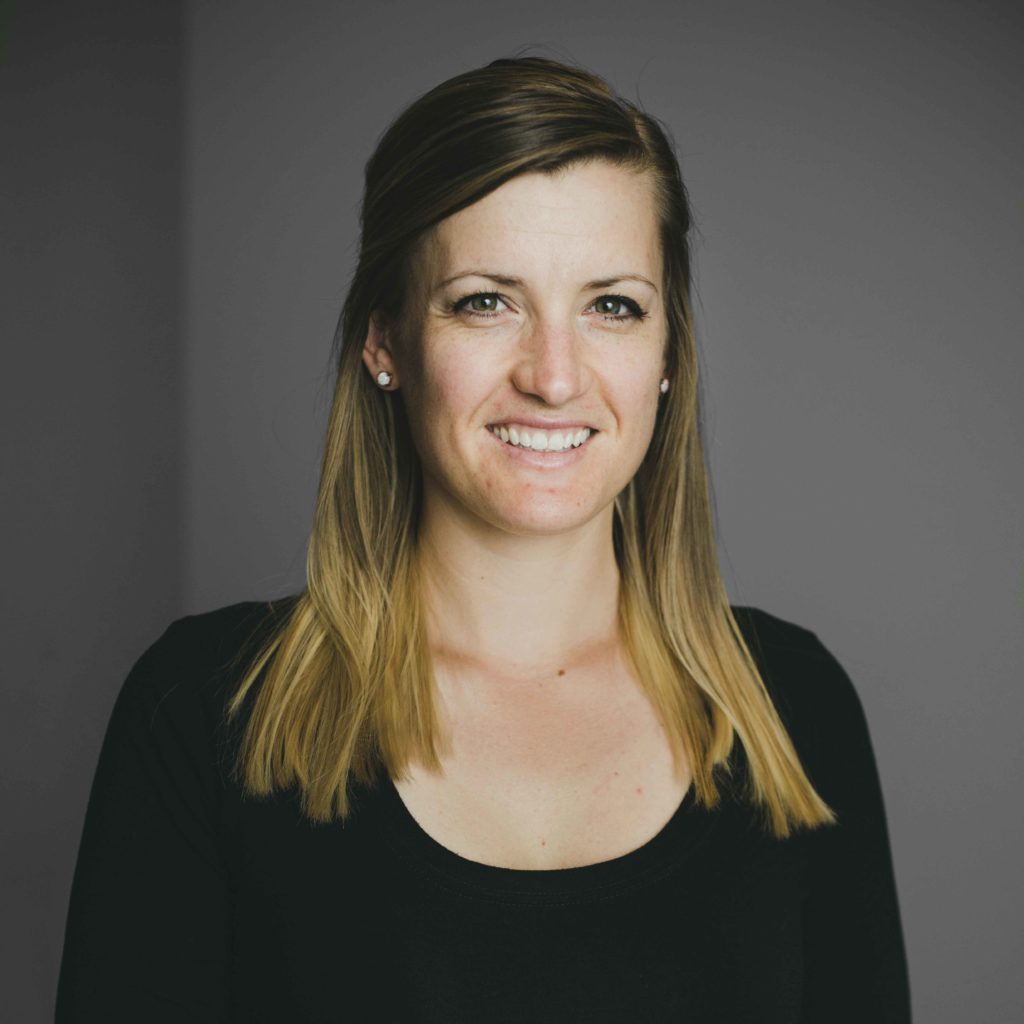Nutrition is often the forgotten child of post-surgical healing. People typically think about choosing a provider, the risks of surgery, the financial commitment, potential time off work, the associated pain, limited mobility, and the rehab, but forget about what they put in their mouth every day. It’s time to think about the whole picture of healing, including post-surgical nutrition. There are a few things you can do at home to help yourself and your therapist optimize your cellular state and ease your healing process

The Holy grail: Hydration! Between 95-97% of American’s live in a constant state of dehydration. Dehydration can lead to poor cellular biochemical balance and ultimately unhealthy tissue. Muscle on average is about 75% water, and depends on a tight cellular biochemical balance to contract and relax normally. After surgery, hydration is even more important because we require excellent cellular exchange to bring necessary nutrients to build and repair tissue, as well as the ability to take the unwanted wastes away. Though it seems paradoxical, being well hydrated also helps regulate swelling and edema post surgically. While hydration needs vary based on the lean mass of a person, height, training status, weight, and activity levels, there are some general guidelines to follow:
-Sedentary Individuals; (most post-surgical patients fall into this category); ½ your body weight in ounces a day;
Ex: 150lb person=75oz a day= ~2 ½ liters
-Active Individuals; increase hydration by 1/2liter (~16oz) to 1liter (~33oz) per hour of exercise depending on intensity of exercise

Protein: Protein is the building blocks of our tissues and is made up of 20 different amino acids. Of these, there are 8 essential amino acids that our body does not produce and needs to come from our diet’s. Protein needs typically increase post surgically. Your body is already doing all its normal cellular processing, PLUS attempting to repair and rebuild damaged tissue. Our hormones and immune system also depend on adequate protein intake. The average American is unlikely to be protein deficient in a basic sense, but quality of protein often lacking. Focus on incorporating a variety of high-quality protein into your diet, such as:
–Wild game, chicken, turkey, eggs, fish, grass fed bison, beef and pork
–Beans, legumes
–Tempeh, tofu
–Cottage cheese, plain yogurt
–Nuts and nut butters
–Vegan/vegetarian protein powder blends; pea, hemp, rice, etc
Anti-coagulants: some foods have natural anti-coagulant (blood thinning) properties to them, such as ginger, fish oil, turmeric, vitamin E, and cayenne pepper. Most of us do not consume enough of these to cause a noticeable change in bleeding or bruising post-surgery. But if you are a daily Indian food lover, or a heavy smoothie drinker with these ingredients, you may notice a bit more bruising. If your one of these folks, and you already utilize a prescribed or over the counter blood thinner such as aspirin, take time to chat with your doctor whether you need to switch up what your taking or eating.
Special Cases: Veganism and strict plant-based eating can affect your healing process. Most people in these groups do not consume adequate or quality protein (single protein source dependent; soy or nuts/nut butters), and lack essential amino acids, iron and B vitamins. I would recommend discussing your nutritional options with a qualified nutritionist or dietician before surgery to make sure you are set up to succeed in your healing process.
If you are someone that suffers with a diagnosed with a systemic medical condition, such as diabetes, cardiovascular disease, metabolic disorder, Celiac’s disease, liver or kidney failure…etc, consider a visit with a dietician or your primary care provider for nutritional guidelines pre and post-surgery.
With good nutrition and hydration, you can give your cells and tissues a boost to optimize the healing process. A smooth and supported healing process reduces pain, improves mobility, and gets you back to your life. Your body and your Physical Therapist will thank you.

Dr. Fawn Lintner is an Emory Certified Vestibular Specialist whose practice focuses on all orthopedic care including post-operative care. She is also certified to perform Dry Needling.









